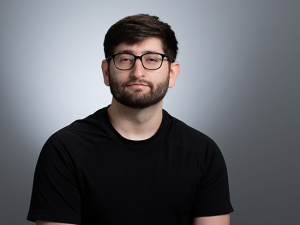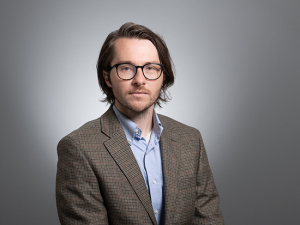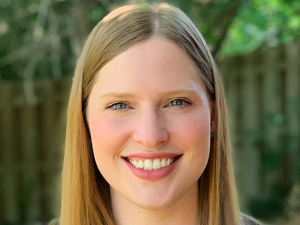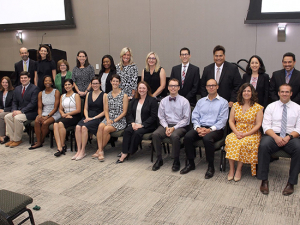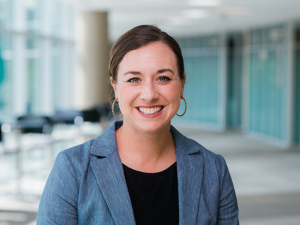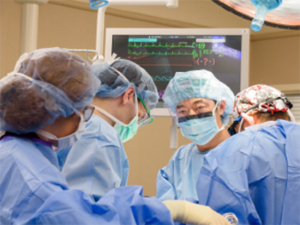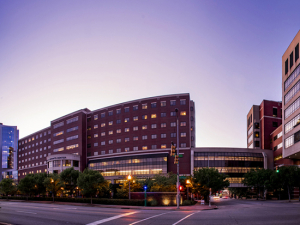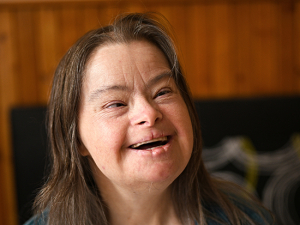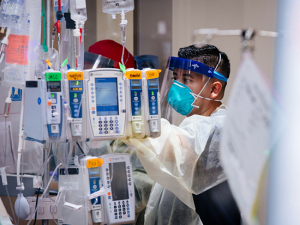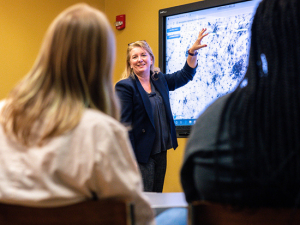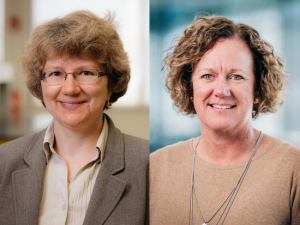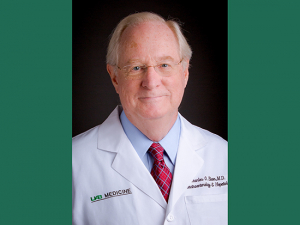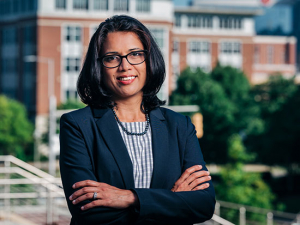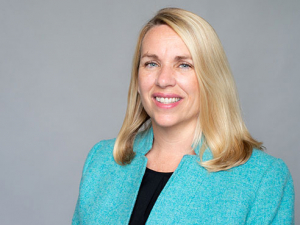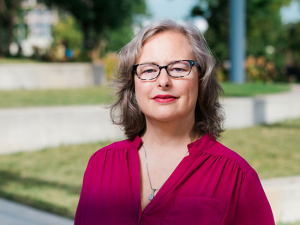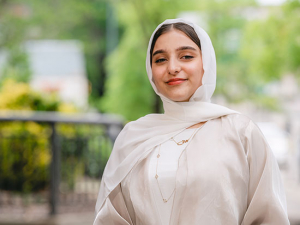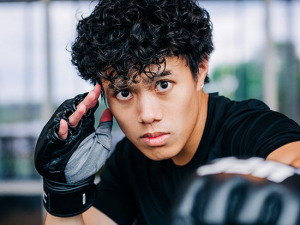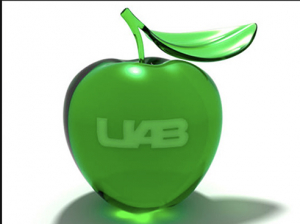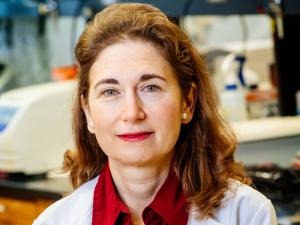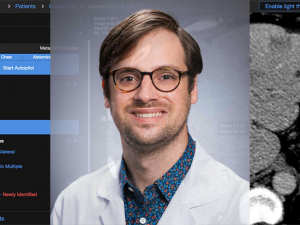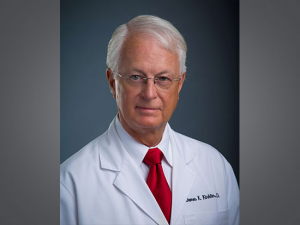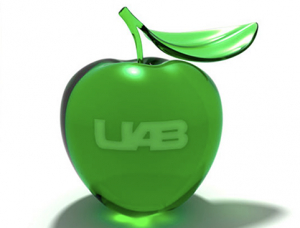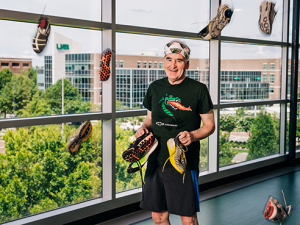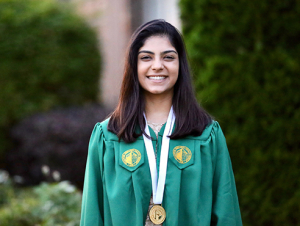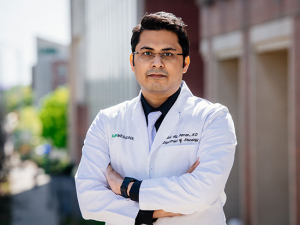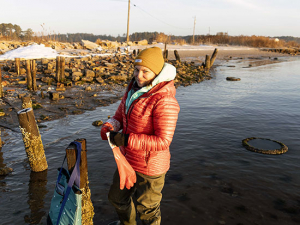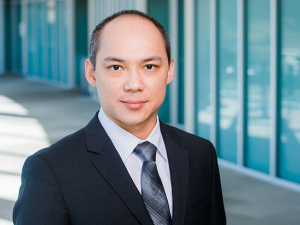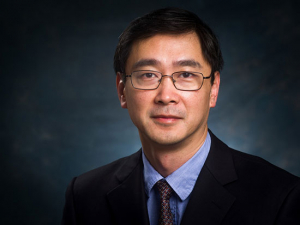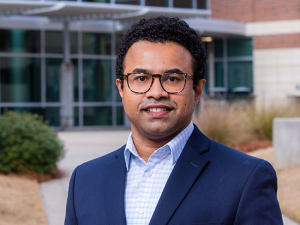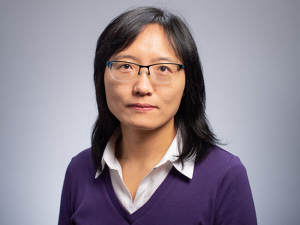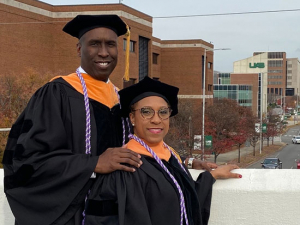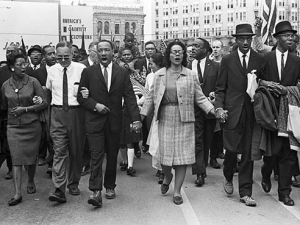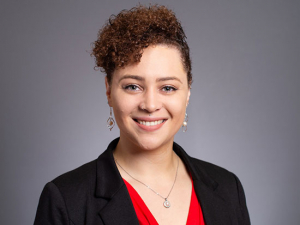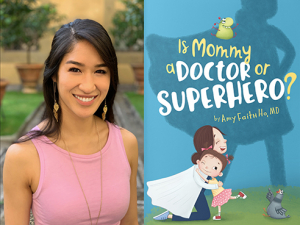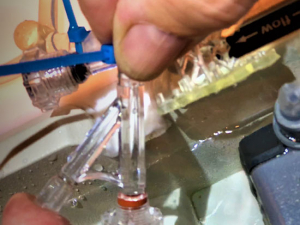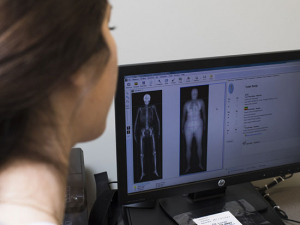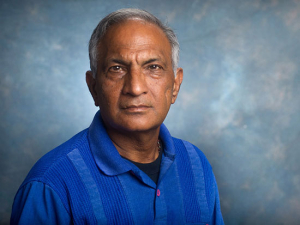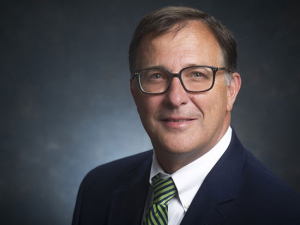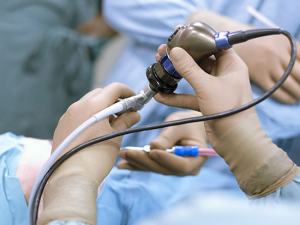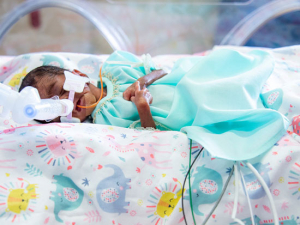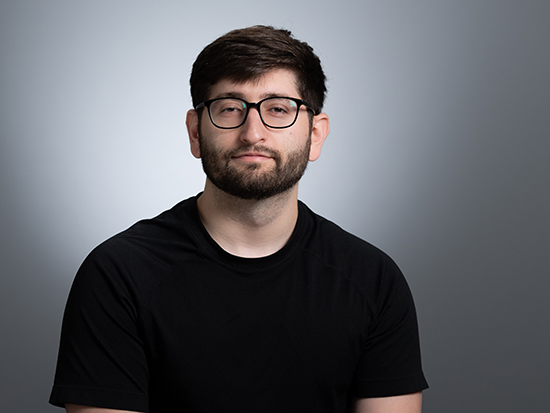 Christian Lopez Blanco, a student in UAB's Neuroengineering Ph.D., program, is launching a startup with a team he met through the NIH's Bio-Entrepreneurship Capstone.Christian Lopez Blanco, a doctoral student in UAB’s neuroengineering program, came to Birmingham intending to become a doctor. He majored in UAB’s well-known Undergraduate Neuroscience Program, which has seen a high number of its alumni go on to medical school, and gained research experience in the lab of Amy Amara, M.D., Ph.D., a professor in the Department of Neurology who specializes in studying cognitive impairment.
Christian Lopez Blanco, a student in UAB's Neuroengineering Ph.D., program, is launching a startup with a team he met through the NIH's Bio-Entrepreneurship Capstone.Christian Lopez Blanco, a doctoral student in UAB’s neuroengineering program, came to Birmingham intending to become a doctor. He majored in UAB’s well-known Undergraduate Neuroscience Program, which has seen a high number of its alumni go on to medical school, and gained research experience in the lab of Amy Amara, M.D., Ph.D., a professor in the Department of Neurology who specializes in studying cognitive impairment.
Along the way, Lopez Blanco “started realized that becoming a doctor was not the best role I could play in health care,” he said. He was a tinkerer at heart but, as a first-generation college student, was not familiar with all of the options open to him.
“I have always enjoyed building things"
After graduation, Lopez Blanco spent two years working as a researcher in the lab of Andrew Hardaway, Ph.D., an assistant professor in the Department of Psychiatry and Behavioral Neurobiology at UAB who studies feeding-related circuitry in the brain. “I have always enjoyed building things,” Lopez Blanco said. “One day, Dr. Hardaway said, ‘Help me 3D print these tools,’ and after that, I was sold. I thought, ‘I’ll just keep doing this.’” Hardaway also was involved in a program that could teach him to do just that — he is a faculty member in UAB’s first-of-its-kind Neuroengineering Ph.D. program, which launched in 2020.
“I applied for it out of the blue,” Lopez Blanco said. “I didn’t want to go on the typical academic route; I wanted to go into industry and make things so people can use them.” In his interviews, Lopez Blanco met William “Jamie” Tyler, Ph.D., professor in the Department of Biomedical Engineering and co-director of the neuroengineering Ph.D. program, a joint program between the UAB School of Engineering and the UAB Heersink School of Medicine. Tyler’s experience in building neural devices that have spun off into startup companies and are being used by the military and in industry appealed to Lopez Blanco. The two also shared a connection as sons of military personnel who moved a lot growing up.
Now, Lopez Blanco works in Tyler’s lab and Tyler is his mentor for his Ph.D. “We really mesh well,” Lopez Blanco said. “Dr. Tyler has a lot of ideas and is always a great person to talk to.”
Making his pitch on the big stage
This summer, Lopez Blanco took a big first step to his goal of creating products that help people. Tyler encouraged his neuroengineering students to apply for the Bio-Entrepreneurship Capstone from the National Institutes of Health. The program is designed for students who have an interest in life science entrepreneurship but are not sure where to begin. Participants were trained by experts with real-world experience in customer discovery, intellectual property and Lean Startup fundamentals. They also had the chance to compete for an invitation to present an idea at the 2024 BIO International Convention in San Diego, one of the biggest events for biotech companies.
Based on his interests, Lopez Blanco was paired with Yash Vagal, a computer engineering graduate student at Georgia Tech, and Quinlan Mewborne, a technologist at the Mayo Clinic Florida in Jacksonville. Their idea, Curanostics, is a HIPAA-compliant platform that can securely collect a patient’s medical records, summarize them using AI and enable the patient to share the information with their providers. “It puts people in a position to talk with their physician,” Lopez Blanco said. “We are trying to make dealing with medical records much easier and simpler than it is right now.” (Learn more about the company on its website or LinkedIn.)
The Curanostics team was one of a handful chosen to present at the BIO convention. “It was a competitive process, and we were selected to be one of the headliner teams,” Lopez Blanco said. “It was a great experience. I highly recommend it to other students who are interested in startups or working in the biotech industry to explore the options without having to commit to a formal program.”
Now, with the feedback from industry experts sharpening their pitch, Curanostics is finalizing its app for a beta testing round. “We’re moving forward, full speed ahead,” Lopez Blanco said. The same is true with his doctoral project in Tyler’s lab, although its commercial potential means he cannot talk much about that. “We are using vagus nerve stimulation,” he shared. “It’s an exciting idea.”
